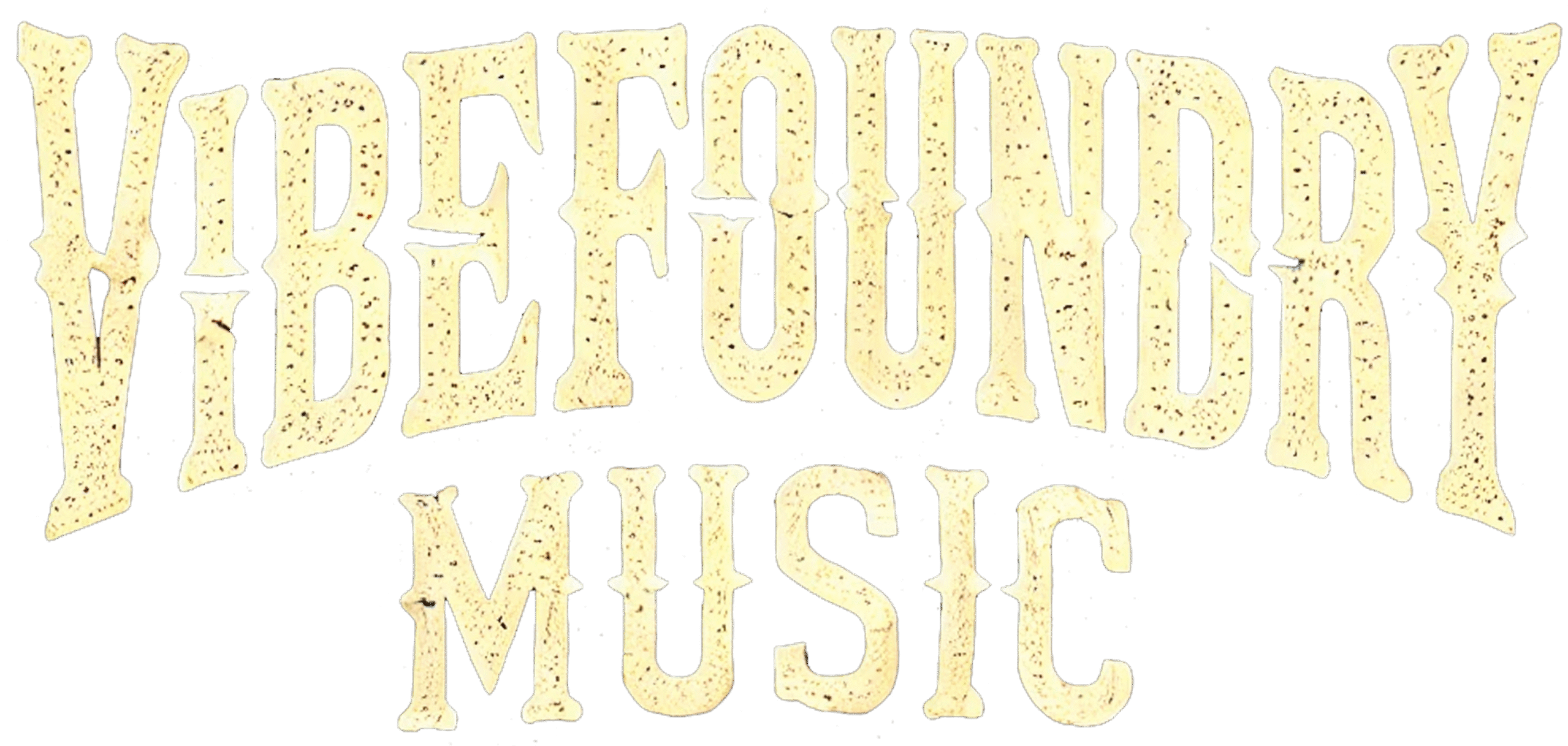Redneck Rock Was Never a Genre
Redneck rock was never supposed to be a genre. It wasn’t born in a marketing meeting or fine-tuned in a Nashville studio. It was never about looking the part or fitting a format. It was music made by real people, in real places, living real lives—loud, messy, and unfiltered. It was about stories. Not fantasies. Not symbols. Just stories that came from dirt, diesel fumes, broken hearts, and busted knuckles.
From Raw to Packaged: The Industry’s Takeover
Somewhere along the line, the industry got involved. They smelled money and turned something raw into something marketable. What started as a musical middle finger to the establishment got vacuum-sealed, polished, and sold back to the same folks it was meant to represent—just with more rhinestones and less truth.
Suddenly, redneck rock wasn’t something you lived. It was something you bought. The raw stories were replaced with prepackaged rebellion. Music became product. And the artists? They got turned into characters in a drama that never really happened.
Outlaws Became Mascots
In the early days, the rebellion was real. Jennings and Nelson didn’t set out to be icons. They were pissed off and tired of being told how to sound. They took control of their own music, surrounded themselves with people who got it, and created songs that sounded like the lives they were living.
But then Nashville, LA, and eventually New York figured out that rebellion sells—if you make it look just dangerous enough without actually risking anything. So they built a brand around it. The outlaw image became a costume. Black leather, cigars, cowboy boots, and studio-engineered gravel in the voice. It stopped being honest. It became marketable.
The Rise of Redneck Cosplay
Everybody suddenly wanted to be an outlaw, but almost nobody had anything real to say. Some of the same guys who used to scream about independence were cashing checks from the same machine they claimed to hate. The music turned into a self-parody: the same beer bottle stories, the same cowboy clichés, the same recycled riffs passed around like cheap cologne.
What started as rebellion turned into cosplay. They weren’t singing about their lives anymore. They were acting out roles the audience had already been trained to clap for.
Why VibeFoundry Doesn’t Play That Game
That’s where we come in.
At VibeFoundry, we’re not trying to revive anything. We’re not here to wear the costume or recreate the past. We’re here to do it the way it was meant to be done in the first place: no filters, no permission, no bullshit.
We don’t write songs to fit a playlist. We don’t pitch to radio. We don’t water things down so they’re easier to swallow. If it’s loud, it’s because life is loud. If it’s hard, it’s because we’ve earned the scars. And if it’s funny, it’s because sometimes that’s all you can do not to fall apart.
We Don’t Ask Permission
We don’t give a damn what Nashville thinks. We don’t care what the labels say. And we sure as hell don’t care about the ones who once had something real and sold it the moment the price was right.
Redneck rock, to us, isn’t a brand. It’s not a curated lifestyle. It’s not some Spotify-core, boot-stomping algorithm bait. It’s a way of telling the truth when the world would rather you shut up.
Music Was Always About Stories—Not Fantasy
Music has always been about storytelling. From the very beginning, it was a way to pass on history, pain, memory, and rebellion. Somewhere along the line, a bunch of guys started inventing cowboys because the audience loved the fantasy. They made up outlaws because it sold better than honesty.
But we’re not interested in being the next chapter in that fiction. We’re not actors. We’re not products. We’re not here to play a part.
We’re Not Here to Play a Role
We’re here to make music that feels like the life we’ve lived. And if someone gets it—really gets it—that’s all we care about. If they don’t, that’s fine too. We’re not asking anyone’s permission to exist.
We’re not trying to break into the scene. We don’t want to be accepted by country traditionalists, or by redneck rock historians, or by anyone who’s more focused on looking authentic than actually being it.
If It Sounds Like Your Life—Good
Redneck rock isn’t dead. It’s just been smothered in bullshit for too long. It’s been misrepresented, mispackaged, and misunderstood. We’re not saving it. We’re just doing it right—for us, for people like us, and for anyone tired of fake rebellion wrapped in overpriced merch.
So don’t call this a comeback. Don’t call it retro. And don’t mistake us for some tribute act trying to channel ghosts from a decade we didn’t live in. We’re not here to honor the dead. We’re here to tell our story.
And if you hear something in that story that sounds like your life?
Good. That means it’s working.
